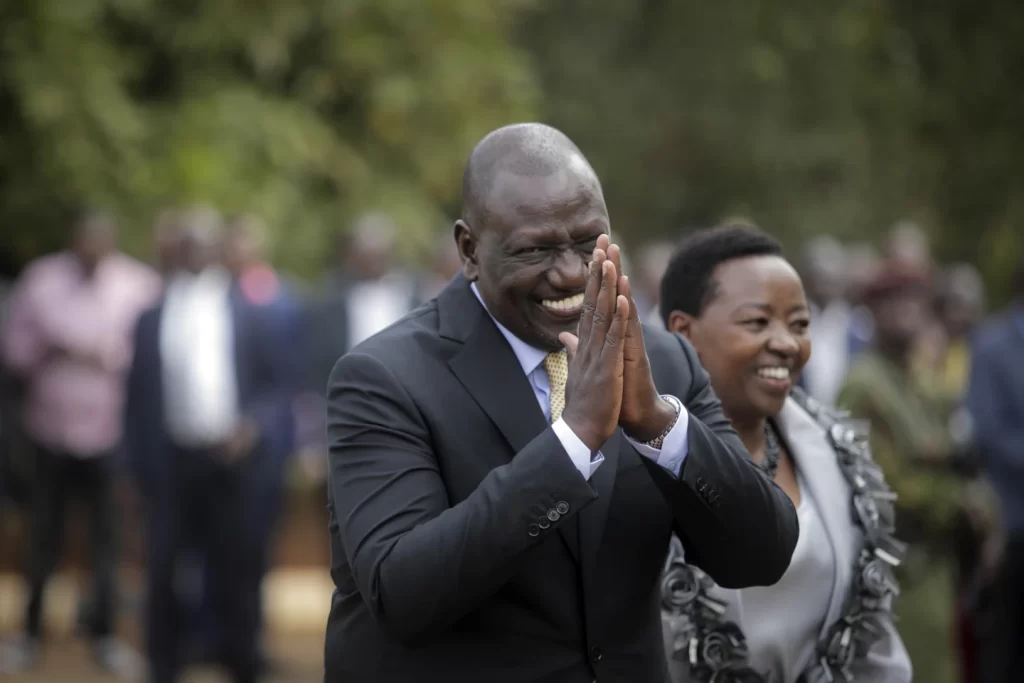Nairobi, Kenya – In a move aimed at stabilizing his administration amid ongoing youth-led protests, Kenyan President William Ruto announced a series of new cabinet appointments on Friday. The reshuffle retains many ministers from the previous government while addressing demands for more responsive governance.

In a nationally televised address, President Ruto unveiled 11 new cabinet appointments, retaining six ministers from the previous cabinet. This follows a dramatic mass firing last week, which was a direct response to escalating protests driven by dissatisfaction with Ruto’s economic policies and governance.
The mass firings last week were a significant concession to the demands of protesters, who had already compelled President Ruto to retract a proposed $2.7 billion tax hike. This financial policy had sparked the most severe crisis of Ruto’s two-year presidency, leading to widespread unrest and over 50 reported deaths since mid-June. Despite the government’s efforts to quell the dissent, large protests have continued, with demonstrators calling for further reforms and Ruto’s resignation.
Among the retained ministers are key figures in the interior, defense, environment, and lands departments, whose roles are crucial for maintaining national stability and managing the government’s response to environmental issues and land reforms. Additionally, the president announced changes to the portfolios of two other ministers, aiming to better align their responsibilities with the administration’s current priorities.

Notably, the new appointee for the education ministry is Julius Migosi Ogamba, who was the running mate of the outgoing education minister, Ezekiel Machogu, in the 2022 gubernatorial race for Kisii County. Machogu’s loss in that election has not deterred the administration from placing Ogamba in this critical role, highlighting the government’s focus on education reform.
Other new ministers, appointed to oversee health, information, agriculture, and water sectors, lack traditional political backgrounds. This suggests a strategic move by Ruto to bring in technocrats who can deliver on specific mandates without the baggage of political affiliations. “We will be issuing next week a clear roadmap on the assignment that the new cabinet is going to have, with clear timelines and deliverables,” Ruto stated, emphasizing the administration’s commitment to tangible progress.
Despite these changes, the leaders behind the protests remain unsatisfied. These groups, which have no formal leadership and fundamentally reject the current government’s legitimacy, were quick to denounce the new appointments. One protest leader, posting anonymously on social media platform X, listed the names of the appointees with the word “Rejected” prominently stamped across each in red.
Reuters



